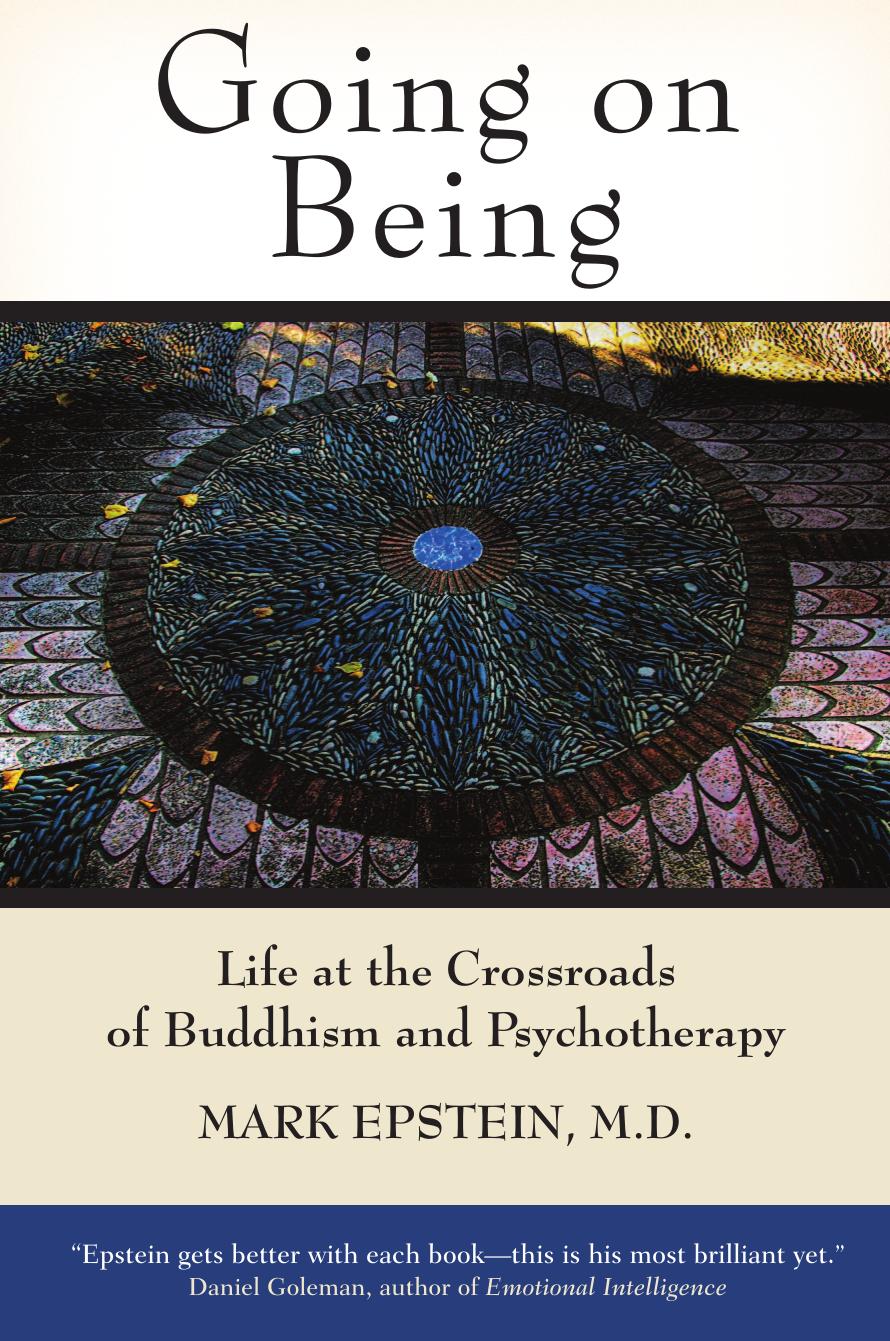Going on Being by Mark Epstein

Author:Mark Epstein [Epstein, Mark]
Language: eng
Format: epub, pdf
Publisher: Wisdom Publications
Published: 0101-01-01T00:00:00+00:00
MINDâS DUAL POTENTIAL
As the founder of psychoanalysis, Sigmund Freud understood how the mind can both get in its own way and seek its own freedom. In this view he was very much in accordance with his Buddhist predecessors. Always respectful of mindâs dual capacity, Freud devised a number of strategies to elude the defensive and fearful ego, to trick the rational mind into relaxing its grip, attached as it can be to the status quo. Moving back and forth between hypnosis, dream analysis, free association, and transference, Freud was always searching to perfect his royal road to the unconscious and to open up the deeper layers of the mind. To me it seems as if Freud were always unconsciously searching for meditation.
Freudâs favorite metaphor for psychoanalysis was of an archaeological dig. Not only did he prefer the archaeological metaphor, he collected archaeological antiquities. His consulting room was full of them. They represented the power of the unconscious, the mysterious forces that seep up from the depths to influence our thoughts, dreams, feelings, and behavior. They were the instincts that European civilization repressed. Freud courted these forces while at the same time remaining wary of them. He believed in radical honesty but rarely romanticized what he found.
The self extends infinitely downward, or inward, he seemed to feel. The more we can pick through the obscurations of time and decay, the more clues we can find to the earlier civilizations upon which we rest. We live primarily on the surface of things, expending a good deal of psychic energy fending off the calls of the wild. But, as Freud discovered, lives can be enriched by a relaxation of these boundaries. The unconscious might be scary, but it is also tremendously fertile. As Plato famously declared, in a phrase much celebrated within psychoanalysis, an unexamined life is not worth living.
Freud was a great explorer, and like the Greek and Roman heroes whom he so admired, his discoveries were often problematic. He positioned the ego between a hostile outer world and a volcanic inner one. He tended to find knots, complexes, and stasis; unresolvable guilt feelings; and opposing forces exhausting themselves into paralysis. Sisyphus pushing his rock, Oedipus gouging out his eyes, or Ulysses tied to his shipâs mast to avoid the Sirensâ call are the kinds of characters to whom Freud could relate. Blind prophets, jealous suitors, and grown men struggling to return to the breast fill his works. He created his own mythology populated by wolf men, rat men, sadistic Prussian counts, and hysterical femme fatales. He loved offending Victorian sensibilities and felt that the best protection against tyrannical forces lay in the exposure of those urges in even the most civilized men and women.
But Freud gave ample evidence of sometimes feeling stuck. He dug down to the depths but then seemed transfixed by the objects he encountered along the way. He agonized over the unpredictability of his own death, convinced that he would die in middle age. Competitively driven, his power struggles with his followers were legendary.
Download
This site does not store any files on its server. We only index and link to content provided by other sites. Please contact the content providers to delete copyright contents if any and email us, we'll remove relevant links or contents immediately.
Inner Engineering: A Yogi's Guide to Joy by Sadhguru(6785)
The Power of Now: A Guide to Spiritual Enlightenment by Eckhart Tolle(5757)
Fear by Osho(4727)
Ikigai by Héctor García & Francesc Miralles(4247)
The Art of Happiness by The Dalai Lama(4125)
The Ultimate Bodybuilding Cookbook by Kendall Lou Schmidt(3935)
Yoga Therapy by Mark Stephens(3742)
The Little Book of Hygge by Meik Wiking(3687)
The Healing Self by Deepak Chopra(3568)
Why Buddhism is True by Robert Wright(3446)
The Hatha Yoga Pradipika (Translated) by Svatmarama(3328)
Being Aware of Being Aware by Rupert Spira(3272)
Shift into Freedom by Loch Kelly(3194)
Wild Words from Wild Women by Stephens Autumn(3149)
Work Clean by Dan Charnas(3116)
Happiness by Matthieu Ricard(3040)
More Language of Letting Go: 366 New Daily Meditations by Melody Beattie(3023)
Yoga Body & Mind Handbook by Jasmine Tarkeshi(2874)
Why I Am Not a Feminist by Jessa Crispin(2748)
